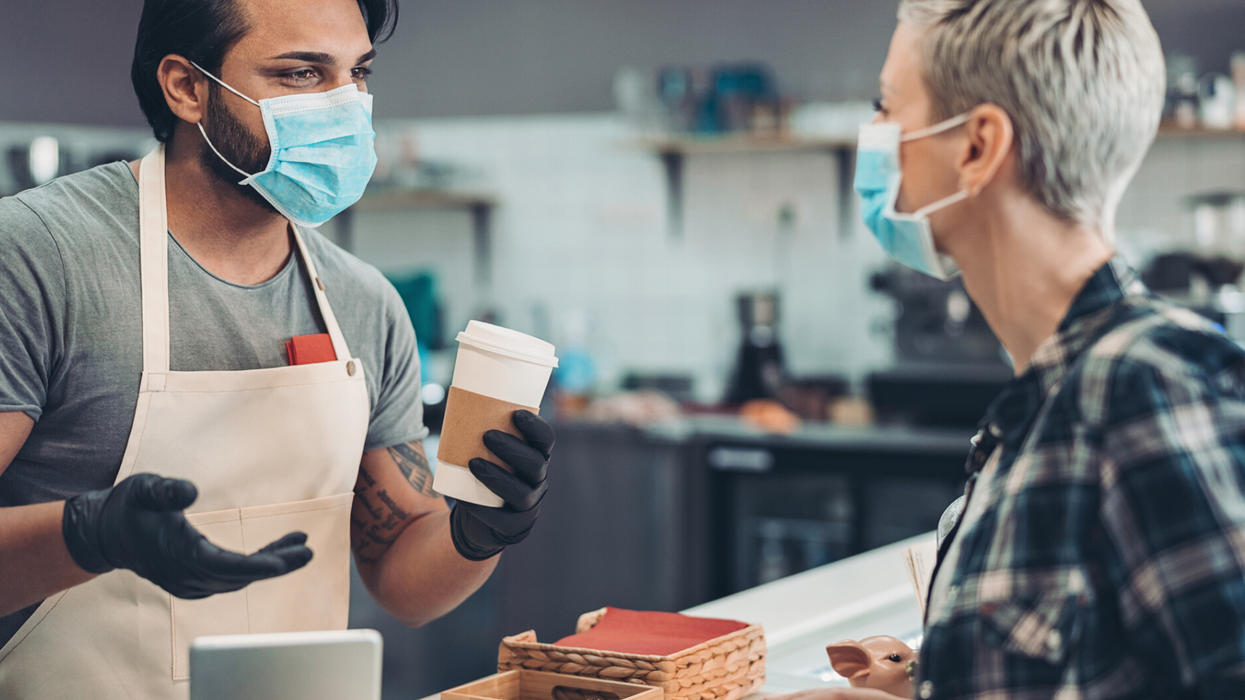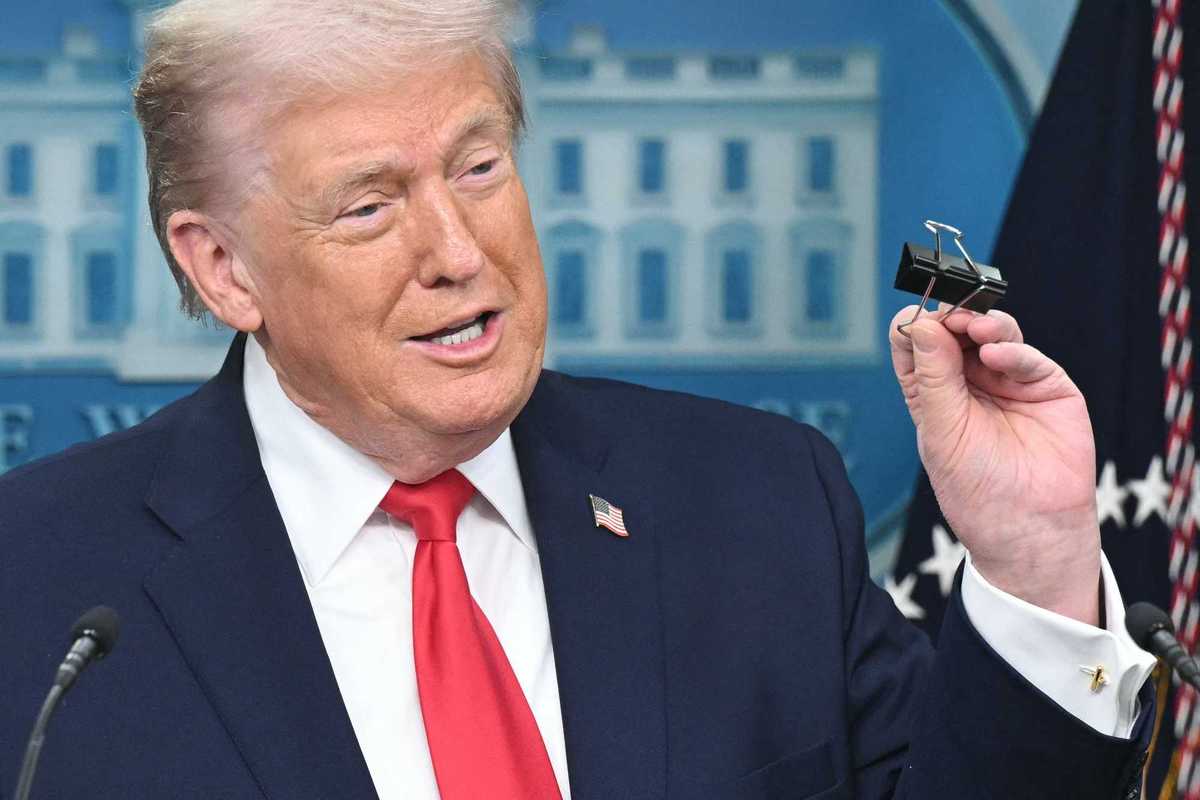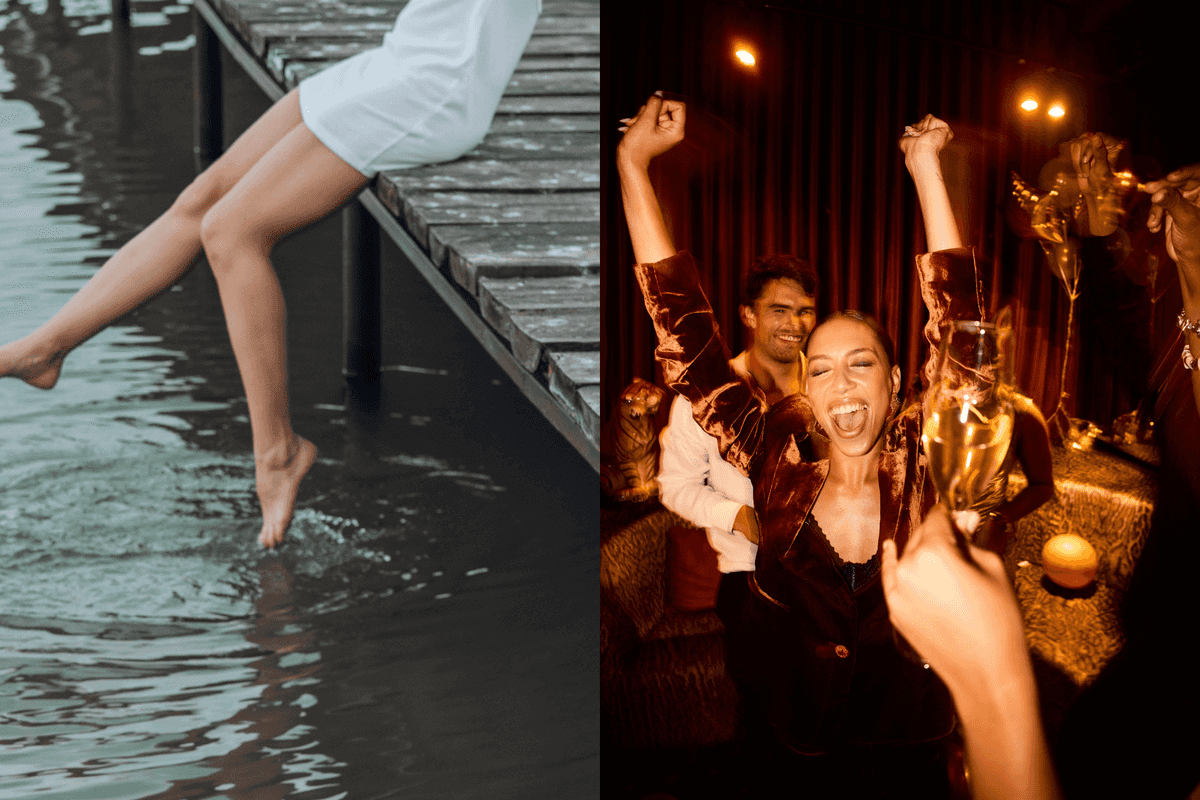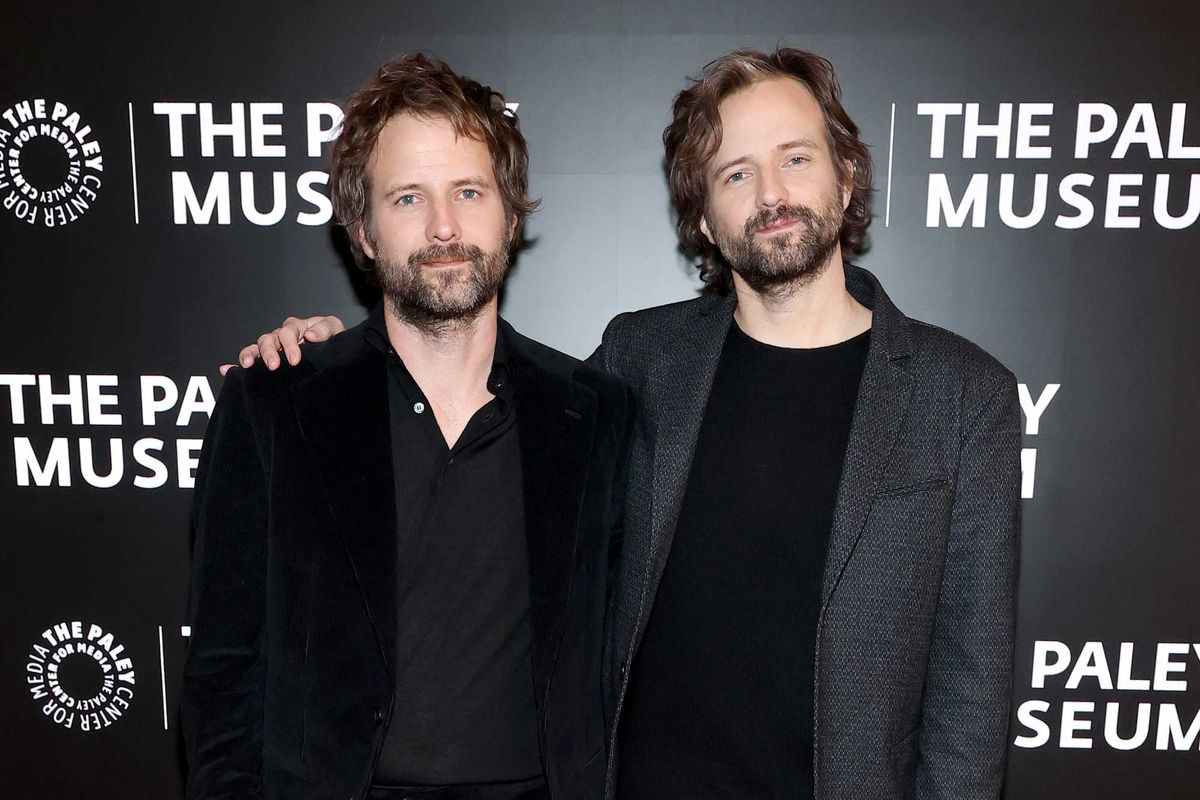Gavin Songer
Jul 14, 2020

iStock
Since the easing of lockdown restrictions, one of the main topics of conversation is masks and face coverings.
Boris Johnson has now announced that face masks or coverings will be mandatory in all shops from 24 July. According to the government, “those with a physical or mental impairment or disability that means they cannot put on or wear a face covering” will be exempt, but as of yet there has been no mention of the impact this will have on people with hearing loss.
While I understand that face coverings can be hugely beneficial in preventing the spread of coronavirus, this guidance seems to completely ignore the impact it can have on people like me.
My older brother and I are the only deaf people in our family. We were raised orally (to speak and listen) and attended mainstream schools throughout our education. I learnt BSL from the age of 13, but lip-reading is still my primary method of communicating with the vast majority of people.
However, lip reading isn’t as simple as many assume. Studies show that only about 30 to 45 percent of the English language can be understood through lip reading alone. Adding social distancing and the use of masks in social situations makes understanding the people around me increasingly challenging.
Although I have some sound input through the help of my cochlear implant, no amount of speech and language therapy has prepared me for the amount of listening I am expected to do at this present time.
I have heard stories from my deaf peers of the difficulties they have experienced with interacting with people wearing masks. Some places simply refuse to pull down a mask for a few seconds to repeat missed information.
Unfortunately, masks with a clear panel or transparent face visors are considerably more expensive than standard masks and mouth coverings that are not deaf-friendly.
With regulations and restrictions being added and removed day-by-day, it can be difficult to know what is and isn't allowed as the lock down is gradually being lifted.
Communication from those that work in public services are a key source of up-to-date information, but if we cannot lip-read or understand them, deaf people could be put at risk.
There is a simple solution here: those who interact directly with the public such as bus drivers, Underground assistants, ticket inspectors, and so on, should be provided with a clear mask or a face visor to enable deaf people to at least attempt to understand what is being said. But this isn’t an option the government appears to be considering, and it betrays a broader ignorance to the challenges in general faced by deaf people and those with hearing loss.
For example, a huge issue that is angering the deaf community at the moment is the lack of a BSL interpreter present at all coronavirus briefings.
Scotland, Ireland and Wales all feature an interpreter when announcing updates on the pandemic and lockdown, which enables deaf people to access this information. However, announcements in England from parliament or Downing Street are continually being broadcast without an interpreter standing behind the speaker(s).
I firmly believe this can be classed as discrimination, as not all deaf people are able to read and follow the subtitles on the TV; many others rely on the BSL translation alone. There continue to be ongoing barriers throughout everyday life: loudspeaker and tannoy announcements, audible alarms without flashing alerters and a general lack of deaf awareness.
Many people assume that, because I can speak clearly, that I can hear well too. This is not the case and I have to constantly remind people that speaking well doesn't mean listening well.
I believe more guidance from the government would go a long way here: if we ask people to remove their mask to be able to lip-read them, please do so. Although the two-metre restriction is in place, we are still able to read lips from this safe distance. More information on this would likely make people less apprehensive to do so.
People who are regularly interacting with the public should be supported by the government and their employers to invest in clear masks or visors as it would be helpful to both parties to be able to communicate a little easier. Encouraging people to learn a few deaf awareness tips or even some BSL are small steps to breaking down the many communication barriers we are faced with each day.
Wearing a mask is crucial to the safety of the public, but deaf people like me shouldn’t be left unable to communicate as a result.
The government needs to acknowledge the huge challenges that these new guidelines create for us, and find ways to recognise and support our needs to stop deaf people feeling further ostracised by this new mask-wearing society we’re inhabiting.
Gavin Songer is an independent living practitioner at the Royal Association for Deaf People, supporting deaf adults with a range of additional needs, including those with a dual sensory loss
Top 100
The Conversation (0)













